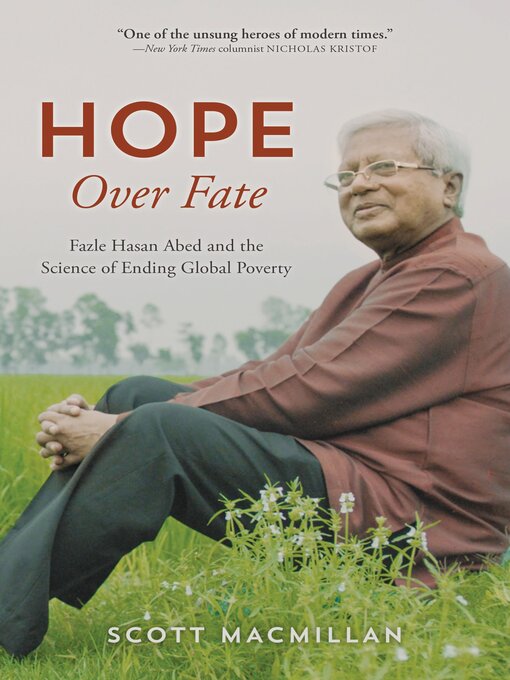- No wait, no problems
- What's new?
- Popular titles
- Check these out!
- Picture Books
- We Love Our Pets- Juv
- See all ebooks collections
- No wait, no problems
- What's new?
- Popular titles
- Check these out!
- Great Audiobooks for a Family Road Trip
- Audiobooks to Make You LOL
- Audiobooks for the Whole Family
- See all audiobooks collections

